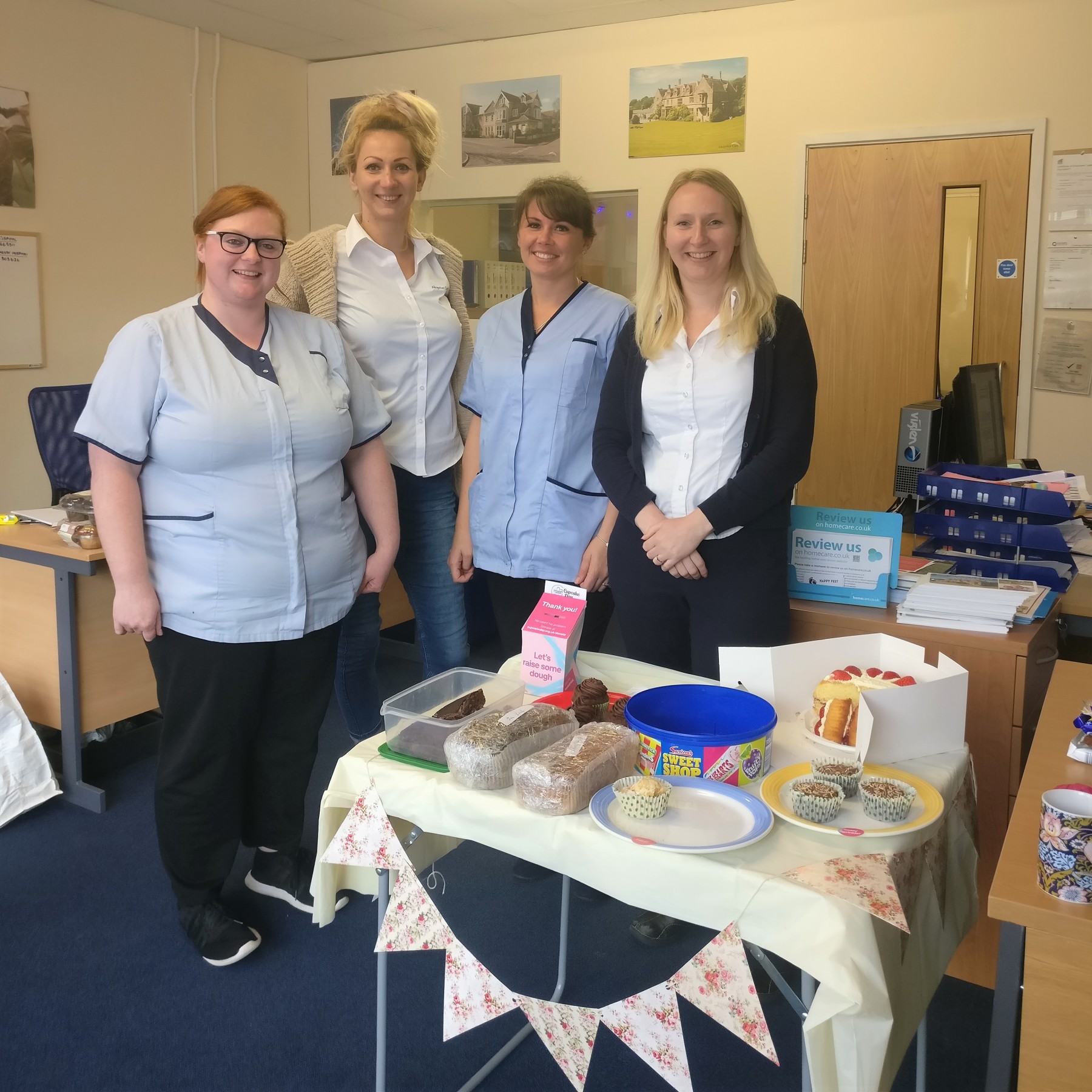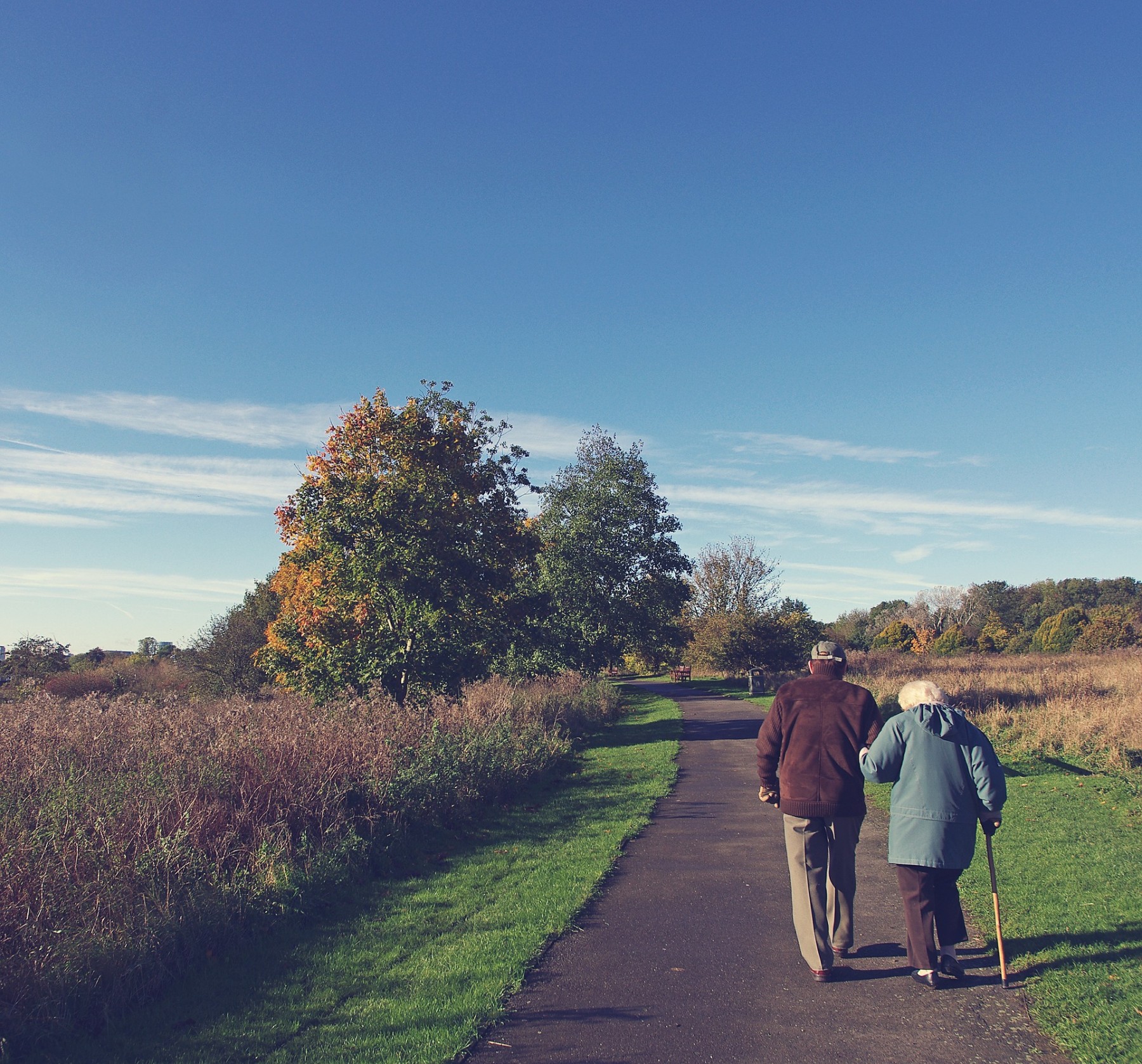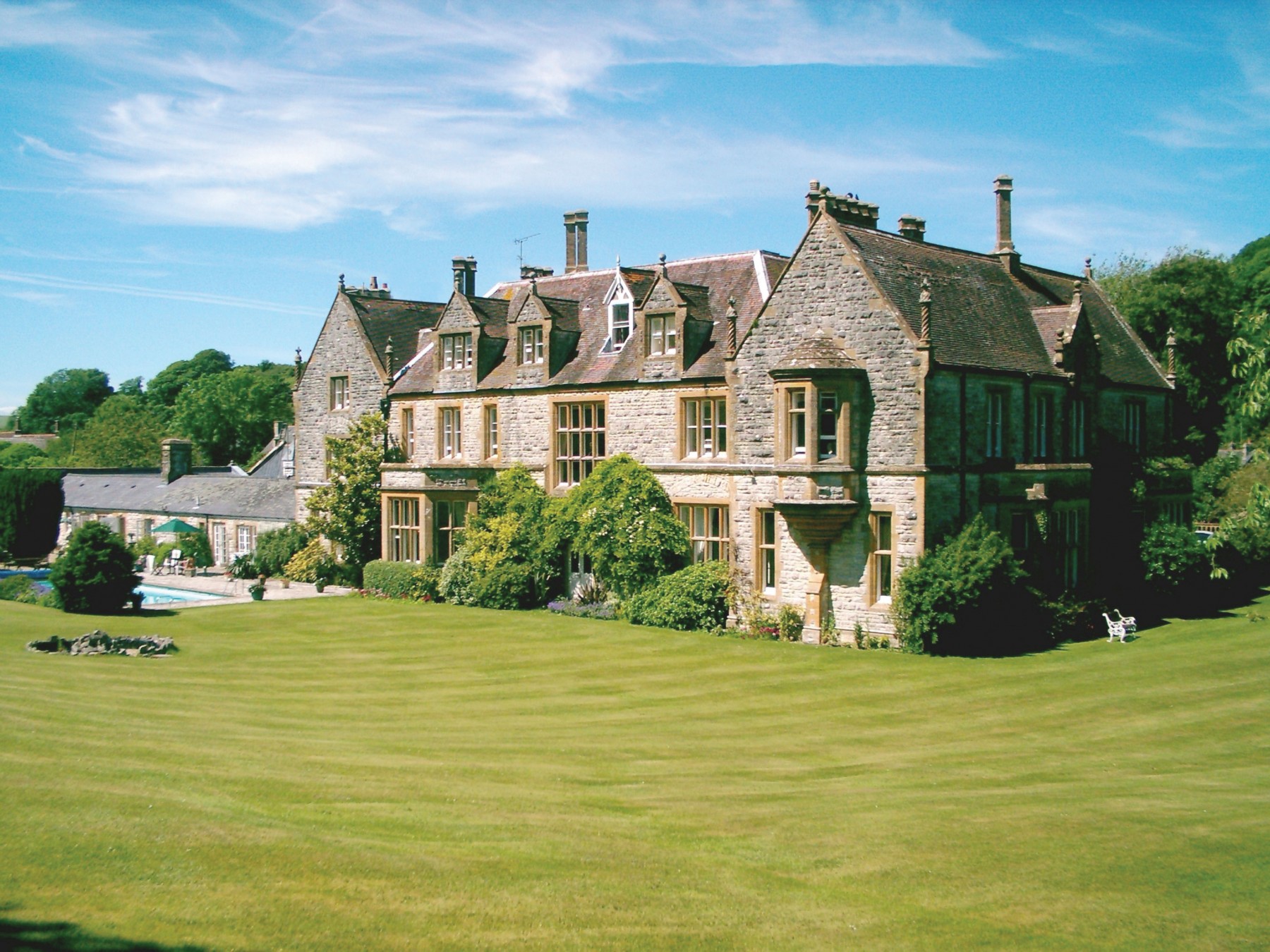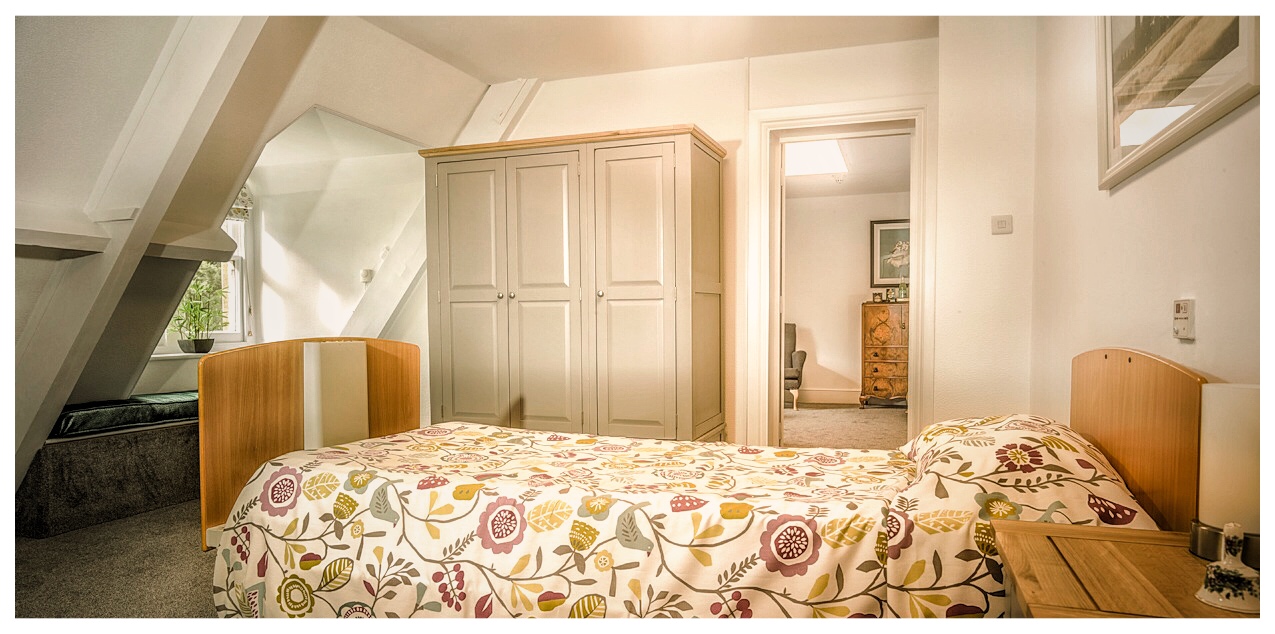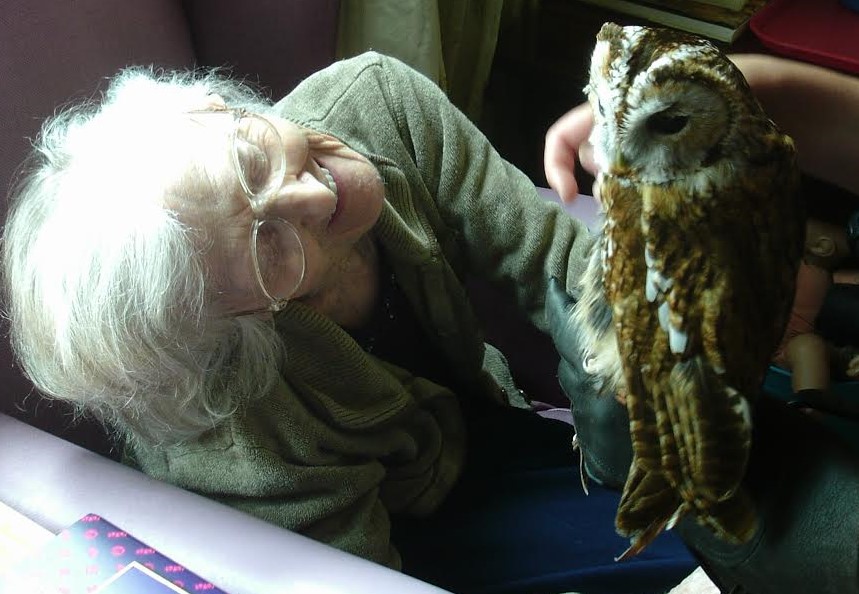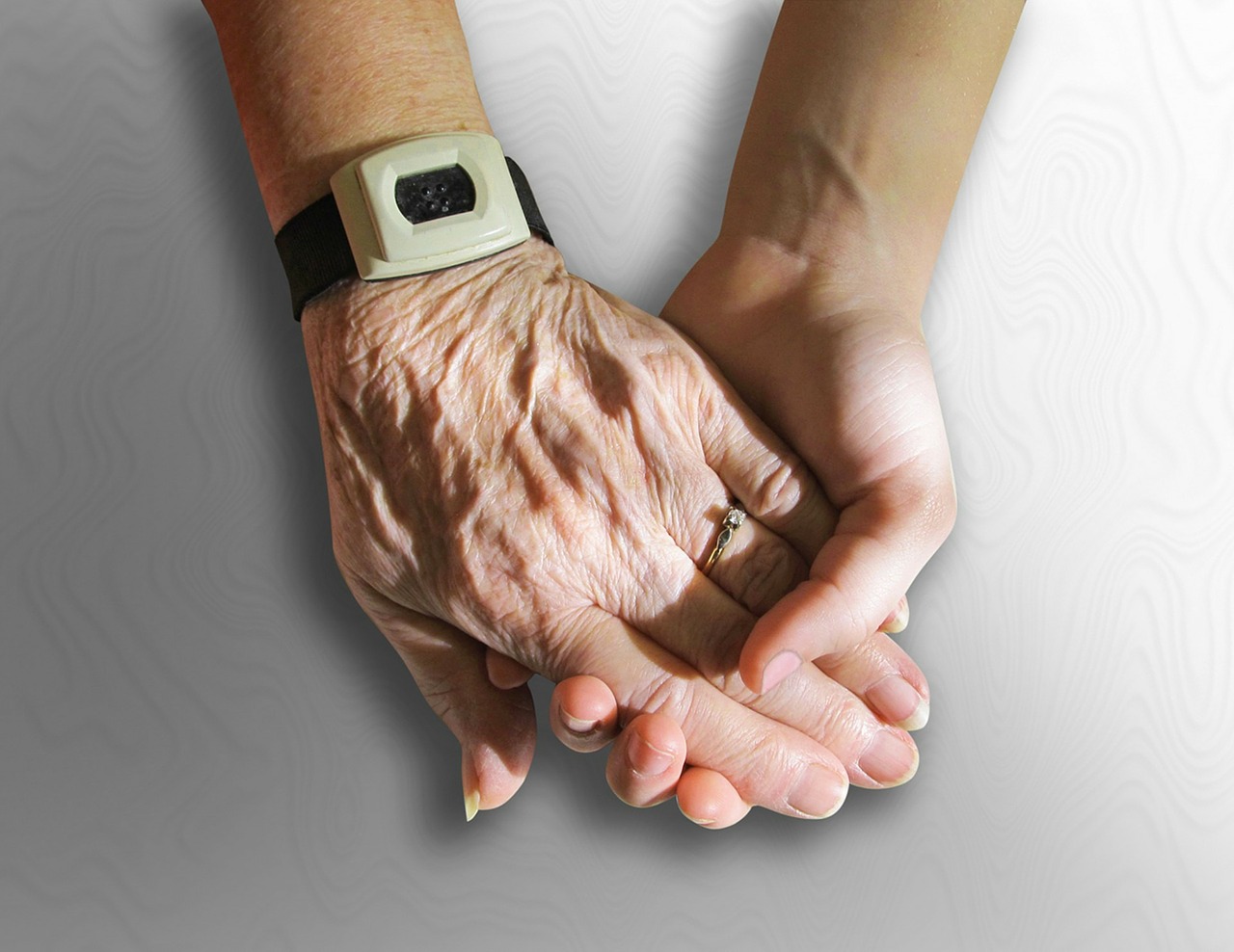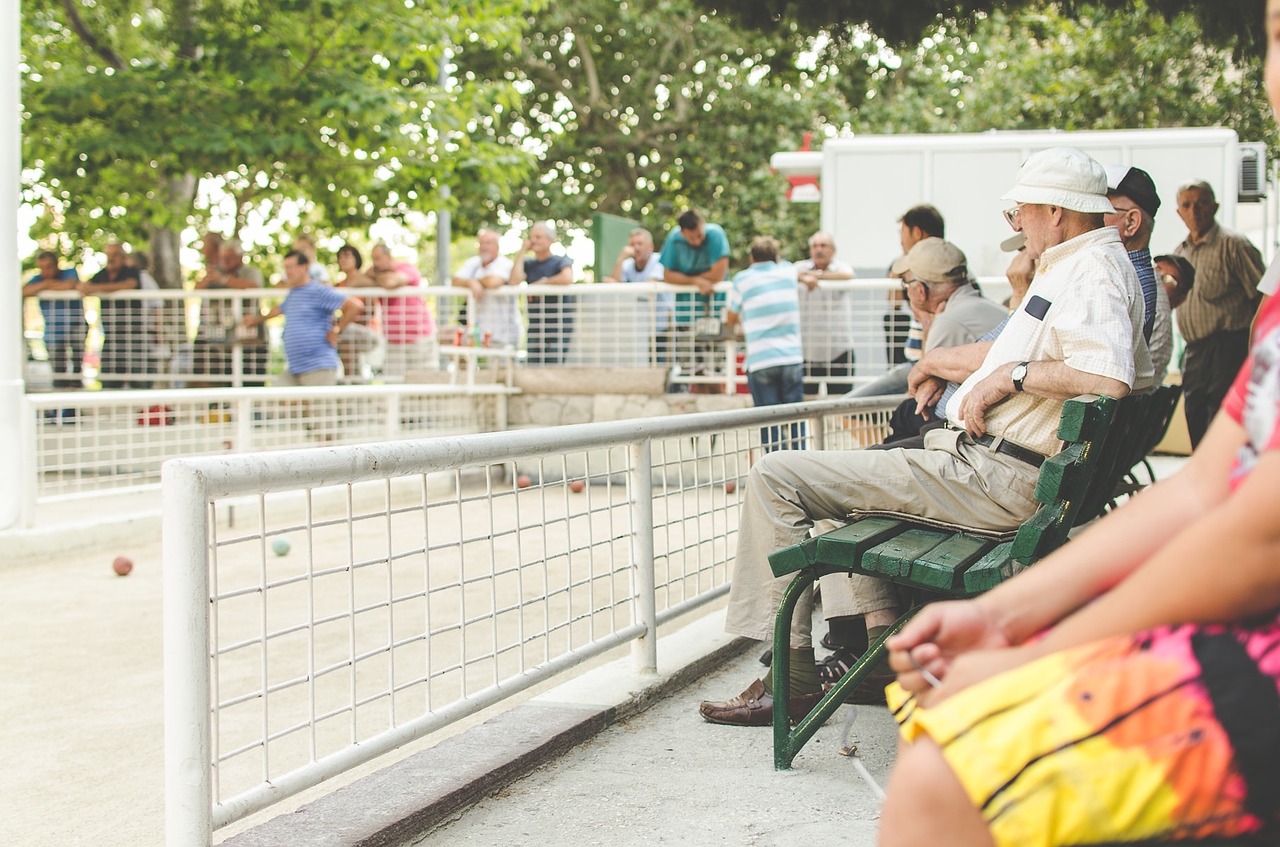The value of somebody’s work can’t always be measured in money. A better measure might be the positive impact people have on society and the lives of others. And if that’s the case, care staff must come out pretty near the top of the list.
Day-in, day-out we see just how much the work of our care teams mean to the people we care for. It isn’t just the care tasks they perform that help people cope a little better and get more enjoyment from life, it’s also the way they work – bringing positive interactions to people’s lives, making so much difference to wellbeing and health.
Is Your Job Worthwhile?
Care work isn’t easy, but it’s rarely dull and always rewarding. Let’s be honest, how many people can truly say that the work they do is worthwhile and making a difference? For everyone working in care, that’s the daily reality. The rewards are about much more than money.
We understand the value of the work that our people do. So, we try to give back as much as we can with a competitive salary, flexible working hours and professional development. Everyone is supported to grow their skills and their career.
Altogether Care staff enjoy additional benefits that not all care companies offer, including staff discounts, a generous mileage allowance, childcare vouchers, free mobile insurance and free Nero coffee.
Family Values
Altogether Care is a family-run business and we aim to make our employees feel part of a wider family. We have shared values and support each other to do the best job possible for our clients. And that’s what Altogether Care staff say is one of their favourite things about working at Altogether Care – the family atmosphere among all the staff and residents.
So, if you’re looking for more from your job than a pay packet, or if you’re in a care occupation and feeling under-appreciated, we’d love to talk to you. We currently have vacancies in our care homes in Dorset and our growing care at home teams in Dorset, South Somerset and Hampshire. For more information, contact us today by calling 01305 206140.
